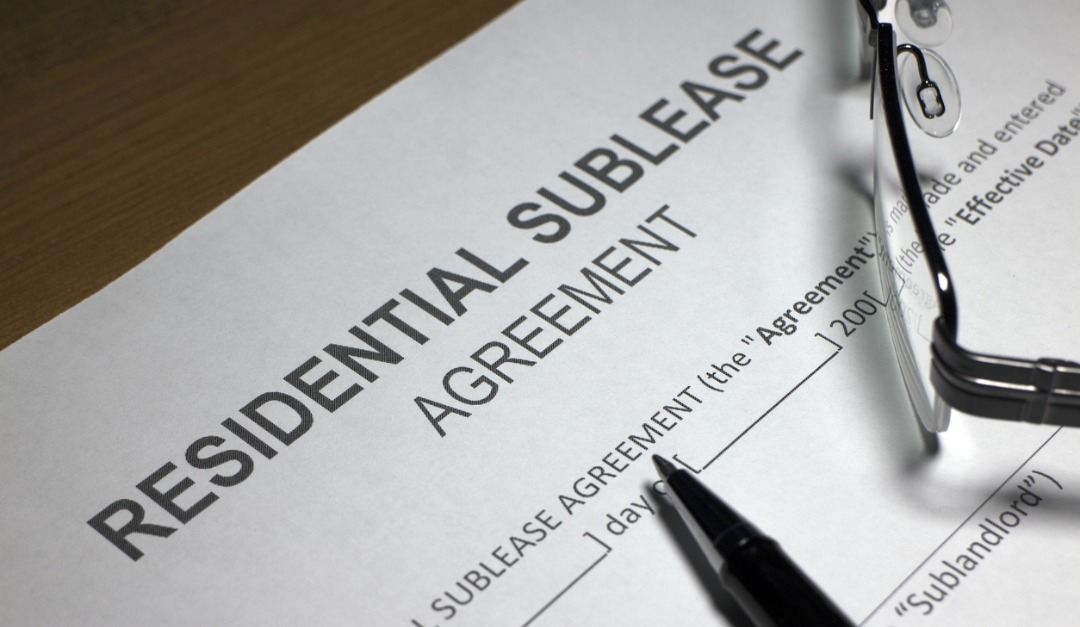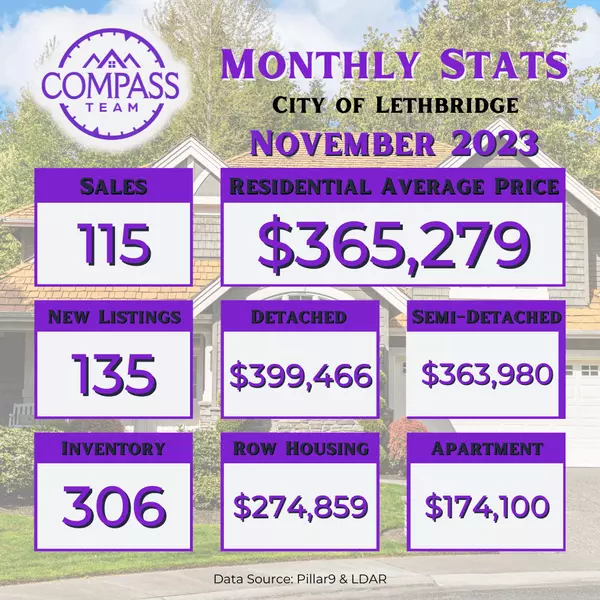
The Benefits and Drawbacks of Rent-to-Own
The Benefits and Drawbacks of Rent-to-Own Are you considering purchasing a home but not quite ready to take the plunge? Rent-to-own may be an option worth exploring. Rent-to-own, also known as lease-to-own, is a unique home buying process that combines renting and buying. This process allows renter

What Is a Sublease?
What Is a Sublease? Are you considering subleasing your rental property, but not sure what it entails? Or perhaps you're looking to rent a subleased property, but don't know what to expect? In this blog, we'll explain what a sublease is, how it works, and why you should choose a Realtor with the

Homeowner 101: Plumbing
Homeowner 101: Plumbing Welcome to Homeowner 101 with the Compass Team! In this blog post, we'll be discussing everything you need to know about plumbing in your home. Plumbing can be a complicated subject, but with a little bit of knowledge, you'll be able to handle minor plumbing issues and know
Categories
Recent Posts












